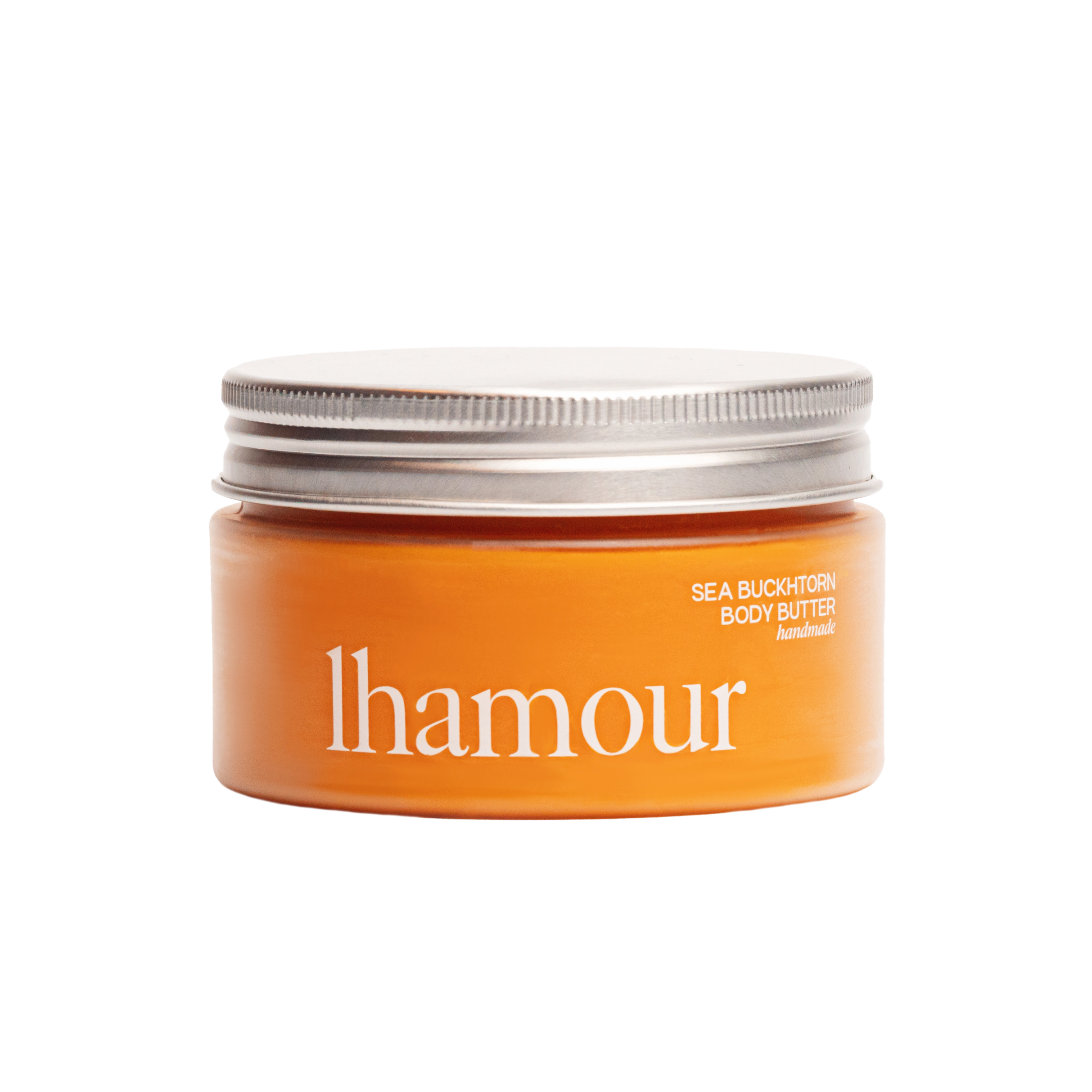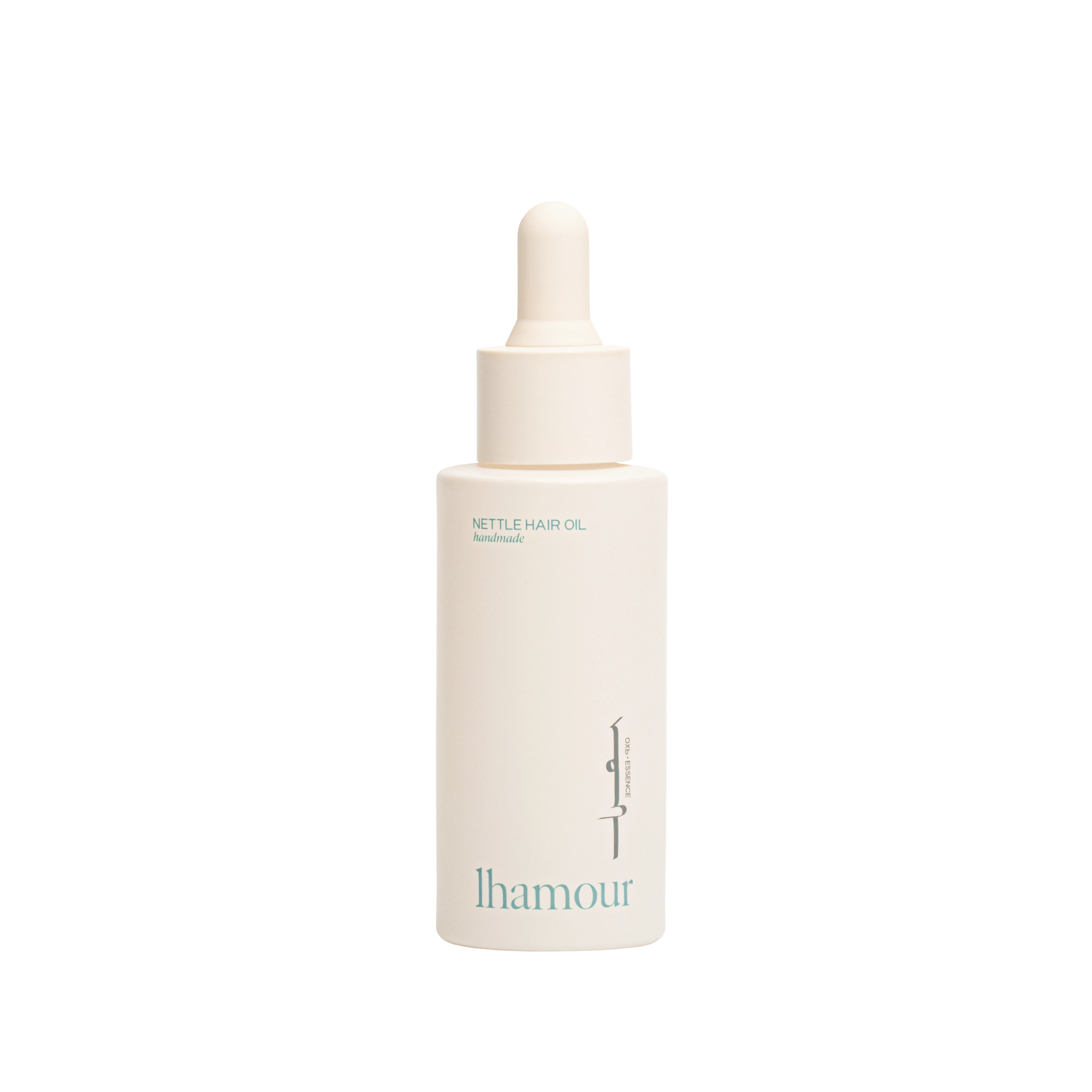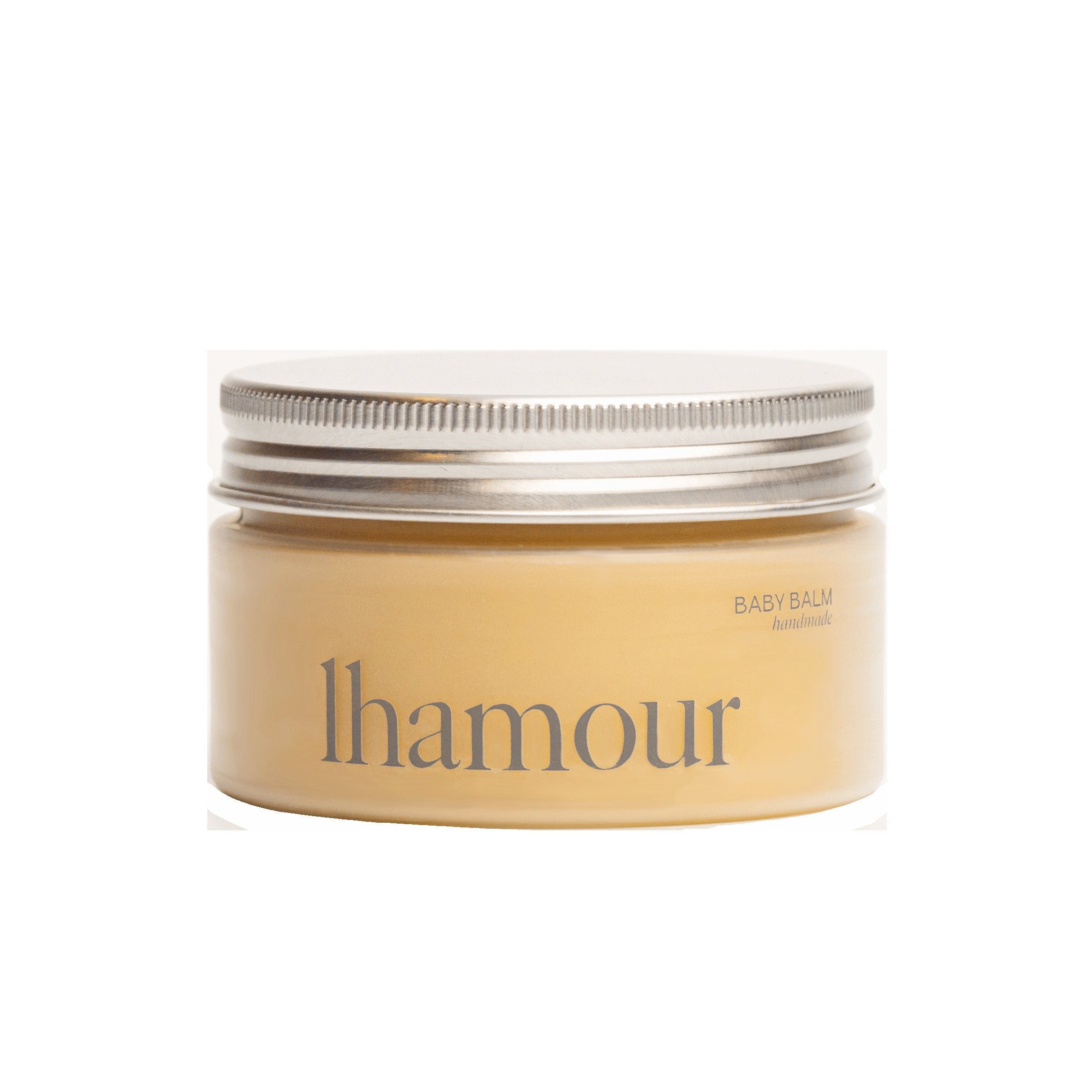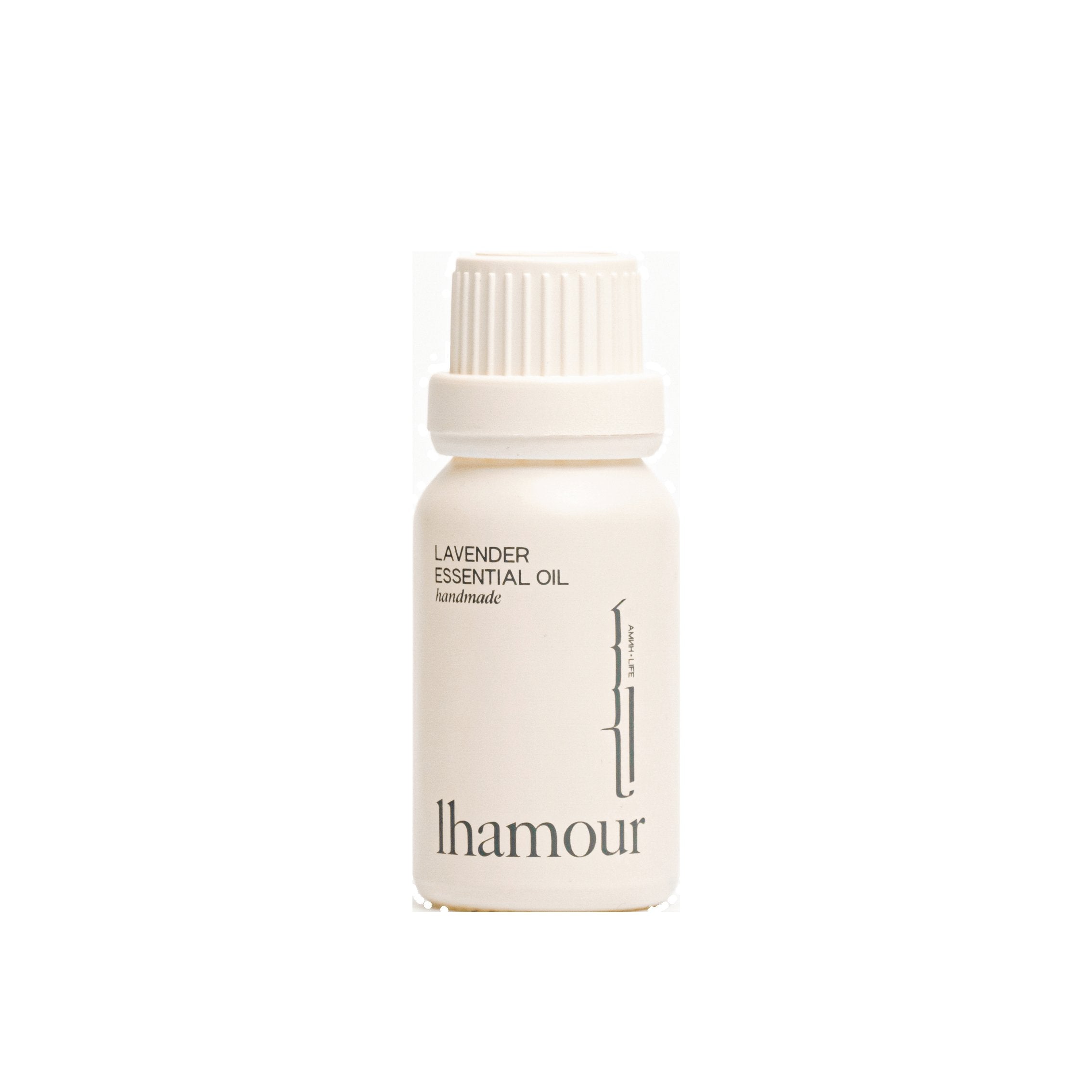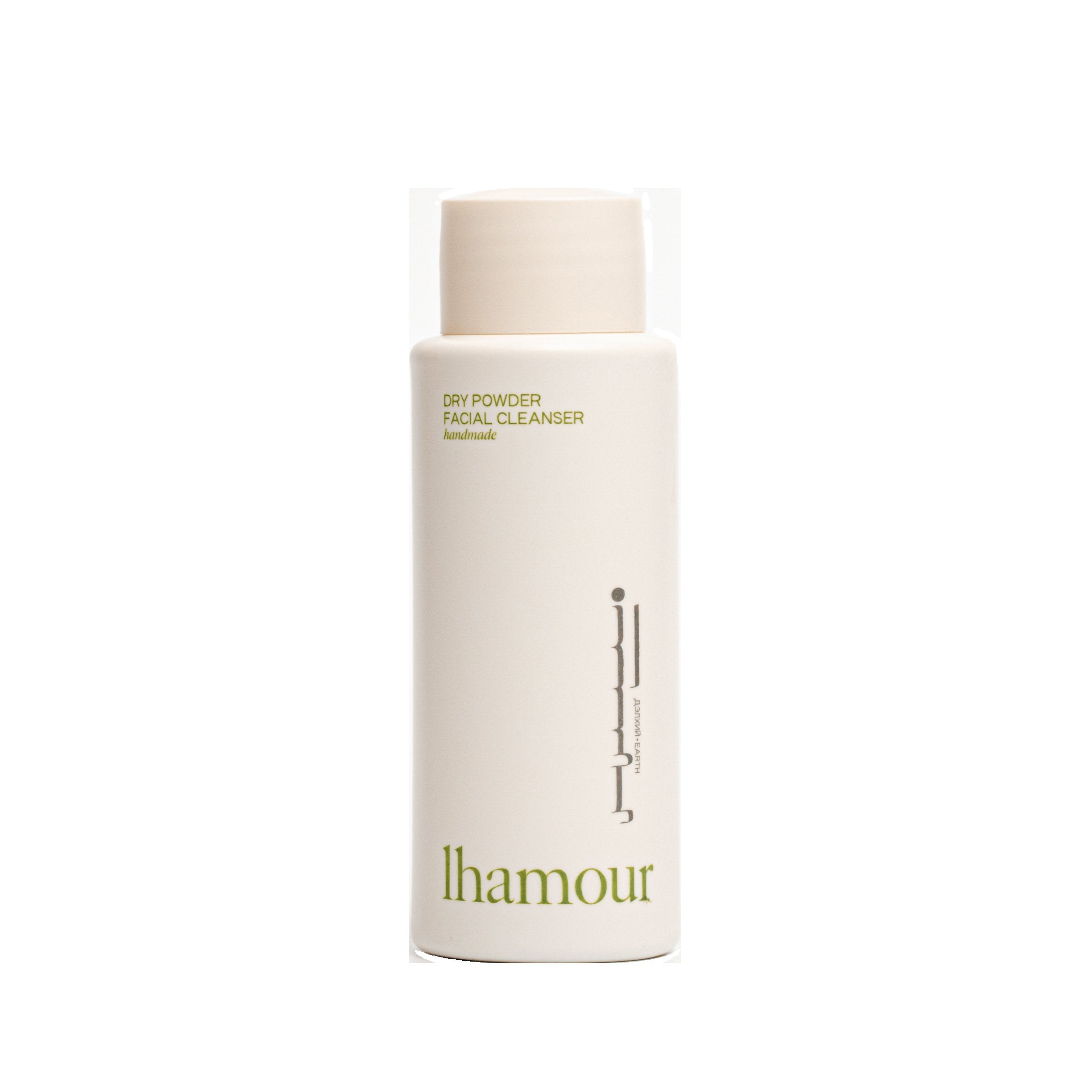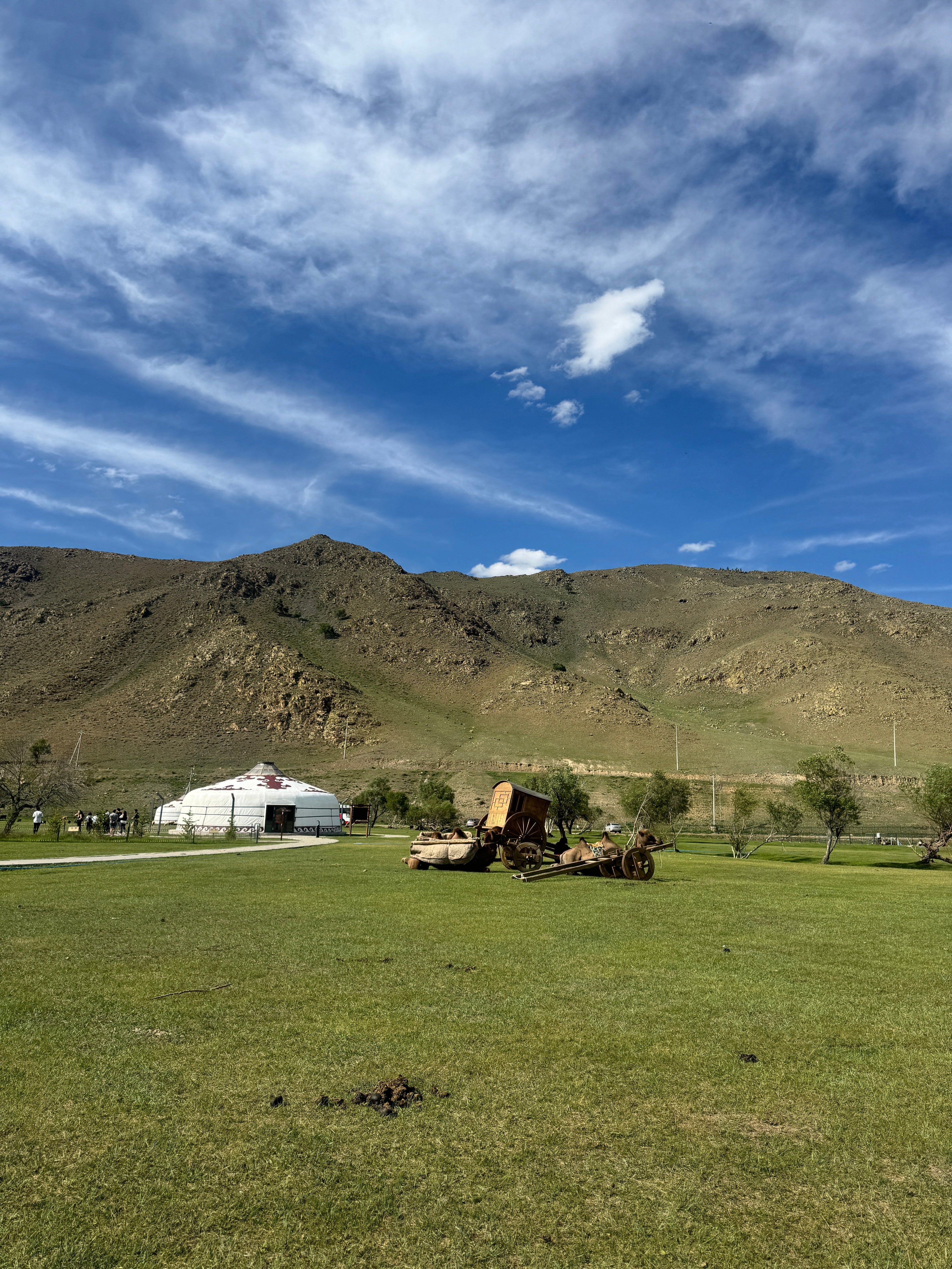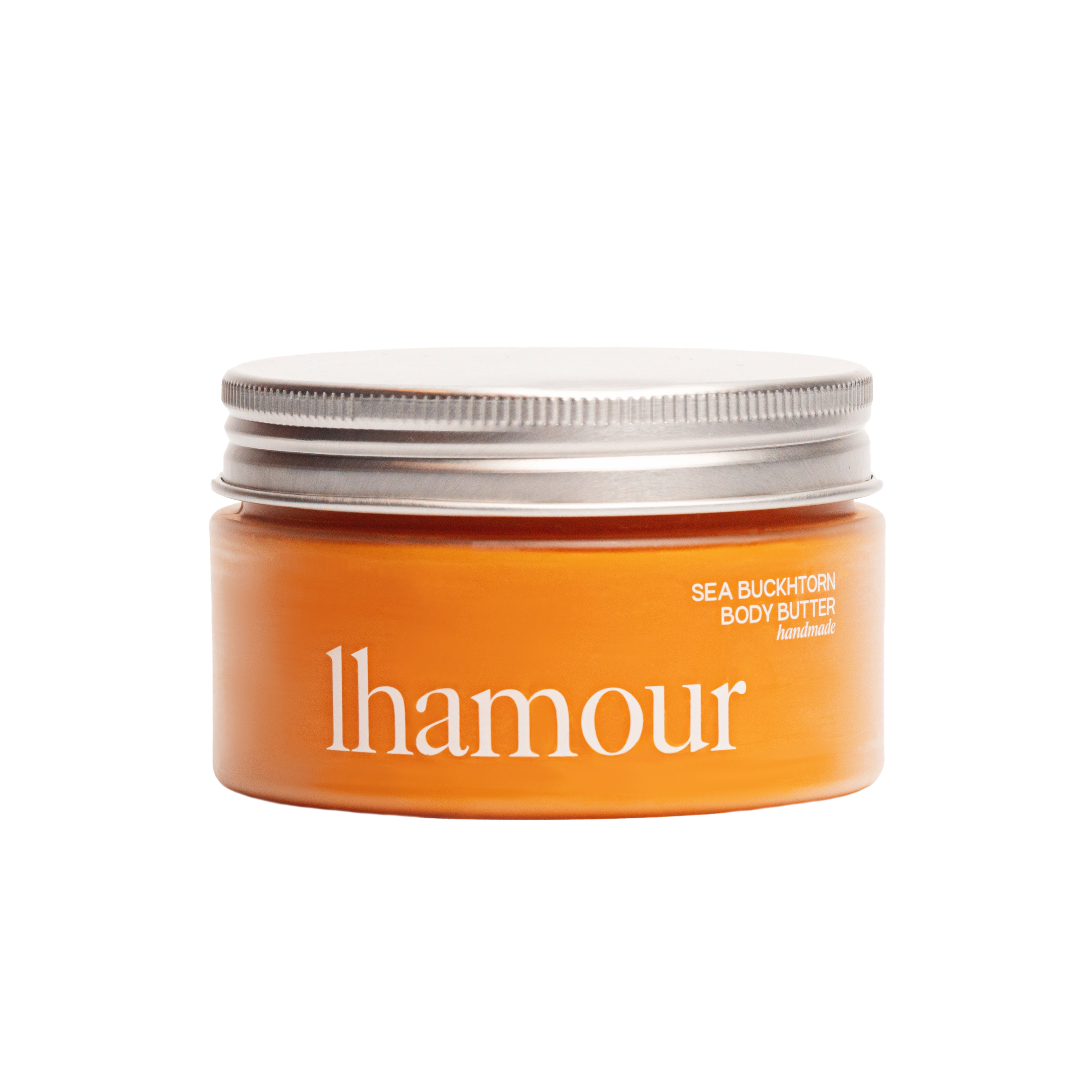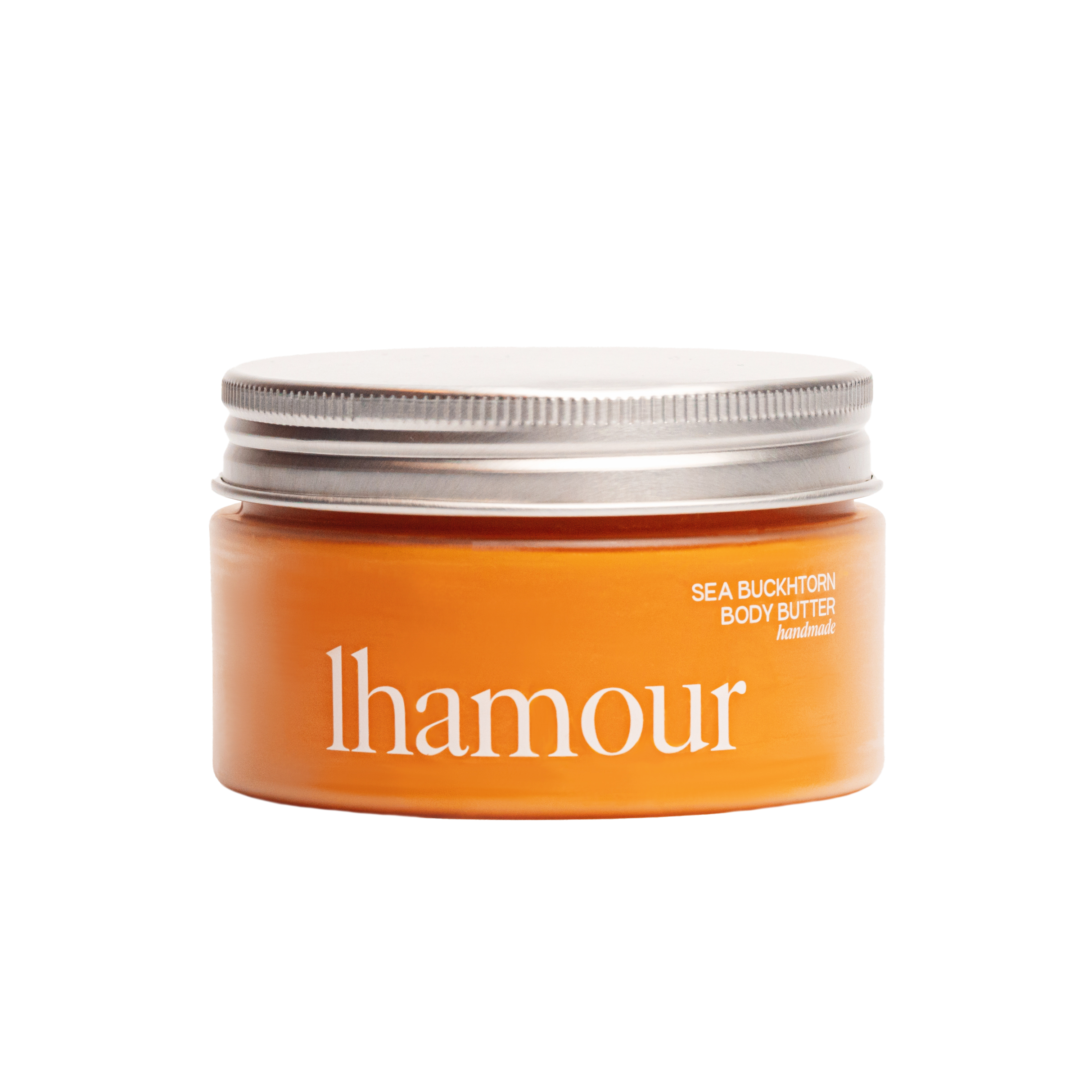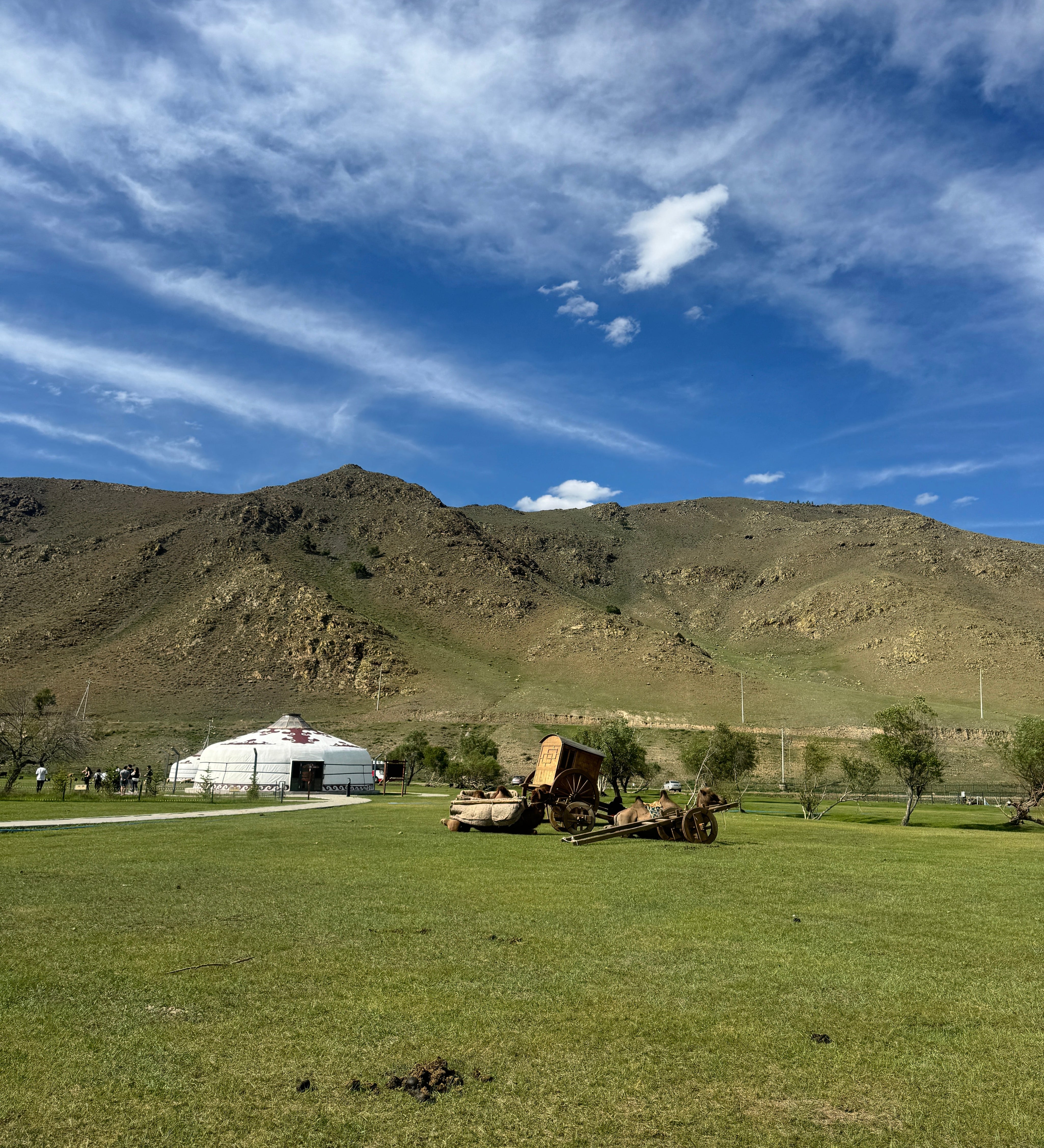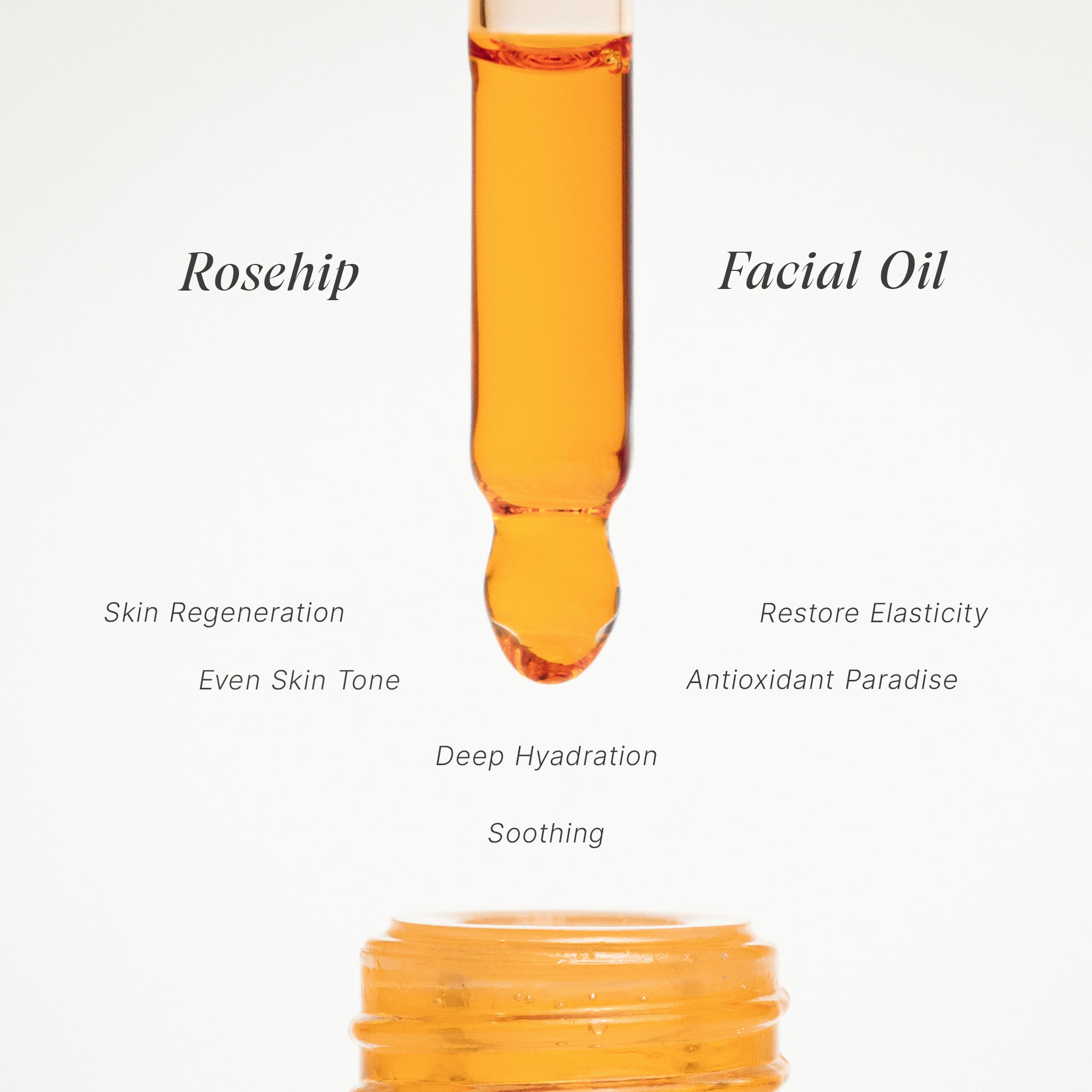The Rise of Natural Skincare: A Global Shift
Today’s consumers are more informed than ever. With access to endless information and ingredient transparency, especially through social media, people are making deliberate choices about what they put on their skin. The global natural skincare market is expected to grow significantly in the coming years, driven by a surge in demand for clean, synthetic-free and eco-friendly products. This trend reflects a deeper understanding that what we apply to our skin matters as much as what we eat as our skin is our biggest organ.
Natural skincare products are made using plant-based ingredients, herbs, essential oils, and other naturally derived components. They are often free from synthetic fragrances, parabens, sulfates, and harmful preservatives. This not only makes them safer for long-term use but also beneficial for sensitive or reactive skin types.
Health and Wellness: Skin is the Body's Largest Organ
The skin absorbs up to 60% of what is applied to it. Over time, synthetic ingredients can accumulate in the body, potentially leading to health concerns ranging from allergies to hormone disruption. Natural skincare, by contrast, supports the body’s systems rather than burdening them.
Ingredients like rosehip oil, shea butter, calendula, sea buckthorn, and green tea are not only gentle but packed with vitamins, antioxidants, and anti-inflammatory properties. They help the skin heal, regenerate, and protect itself from environmental damage. The holistic benefits of such ingredients contribute to overall wellness, not just aesthetic beauty.
Sustainability and Environmental Responsibility
Natural skincare is inherently tied to sustainability. Many natural skincare brands use ethically sourced, biodegradable ingredients and recyclable packaging. Moreover, the production process often has a smaller environmental footprint compared to synthetic alternatives.
Brands like Lhamour, Mongolia’s first organic skincare company, demonstrate how localized, handmade production can create high-quality natural products while supporting sustainable practices. Lhamour not only uses native Mongolian ingredients like sea buckthorn and rosehip but also educates the community on reducing waste and supporting eco-friendly initiatives.
Empowering Women and Local Economies
The natural skincare movement also opens up new opportunities for women entrepreneurs and SMEs in developing regions. By sourcing ingredients locally and crafting products by hand, women-led businesses can create sustainable income, preserve traditional knowledge, and participate in global markets.
In regions like Central Asia, Africa, and Latin America, natural skincare ventures are helping communities thrive by promoting ethical employment, skill development, and economic diversification. The emphasis on fair trade and inclusivity ensures that the benefits of growth are shared across the value chain.
Innovation and Digital Transformation
The natural skincare industry is also embracing digital transformation. Brands are leveraging e-commerce, social media, and digital storytelling to reach global audiences. Education is at the heart of this digital shift—helping consumers understand ingredients, skincare routines, and the science behind natural formulations.
Technological advancements also enable greater transparency. Blockchain, for example, is being explored to trace ingredient sourcing, ensuring ethical standards are met. Augmented reality (AR) and AI-powered skincare diagnostics further enhance the personalized customer experience, making natural skincare both high-touch and high-tech.
Challenges and the Road Ahead
While natural skincare holds immense promise, it also faces challenges:
-
Regulatory Gaps: "Natural" is not a regulated term in many markets. Clearer guidelines and certifications are needed to protect consumers and ensure authenticity.
-
Scalability: Handmade and small-batch production must balance with scalability to meet growing demand without compromising quality.
-
Education: Continued consumer education is vital. Not all natural ingredients are suitable for every skin type, and understanding formulations is key.
Despite these hurdles, the trajectory of natural skincare remains strong. As brands continue to innovate while staying true to their values, the sector is set to lead the next phase of responsible beauty.
Natural skincare represents a harmonious blend of tradition, innovation, and impact. It brings together the power of nature, the science of wellness, and the ethics of sustainability. In doing so, it supports broader goals of economic development, environmental stewardship, and inclusivity.
By choosing natural skincare, consumers are not just making a choice for their health but also casting a vote for a more equitable and sustainable world. For policymakers, entrepreneurs, and industry leaders, investing in this movement offers a chance to drive meaningful change while meeting the evolving demands of global consumers.
Natural skincare is not just about beauty—it’s about building a better future, one ingredient at a time.

